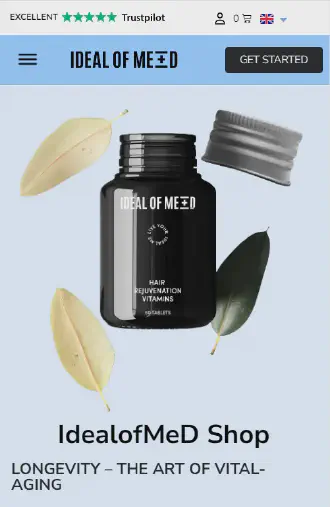Vitamin A, also known as retinol, is essential to the formation of visual purple in the retina, which allows vision in dim light. Beta carotene, the precursor to vitamin A found in vegetables, has antioxidant properties, meaning it protects cells from the toxic damage of oxidation. Benefits: Supports night vision Prevents drying of the cornea Helps to reduce the risk of various forms of cancer. A key element for the growth of bones, teeth and soft tissues Gives support respiratory system Helps to maintain healthy immune function Aids treatment of acne, psoriasis and other skin conditions Maintains healthy blood sugar balance Vitamin A is a fat-soluble vitamin Two different types of vitamin A are found in the diet. Preformed vitamin A is found in animal products such as meat, fish, poultry and dairy foods. The other type, pro-vitamin A is found in plant-based foods such as fruits and vegetables. The most common type of pro-vitamin A is beta-carotene. Vitamin A helps form and maintain healthy skin, teeth, skeletal and soft tissue, mucous membranes, and skin. It is also known as retinol because it produces the pigments in the retina of the eye. Vitamin A promotes good vision, especially in low light. It may also be needed for reproduction and breastfeeding. Retinol is an active form of vitamin A. It is found in animal liver, whole milk, and some fortified foods. Vitamin D is a fat-soluble vitamin. It is known as “solar”, as it is formed in the body by UV rays impact on the skin. Vitamin D becomes hormone calcitriol in the kidneys, which is actually its most active form. The effects of this hormone are targeted to the intestine and bones. The main biological function of Vitamin D is promoting normal levels of calcium and phosphorus in the blood. Vitamin D helps to absorb calcium, stimulating the formation and maintenance of healthy bones. It assists in the mineralization of bone in combination with several other vitamins, minerals, and hormones. Without vitamin D, bones can become brittle, soft, or change form. It protects the body against diseases of the skeletal system like rickets in children and osteoporosis in adults.
















